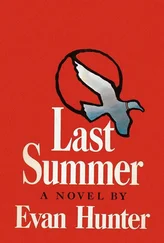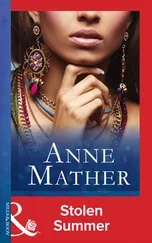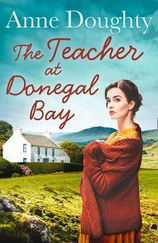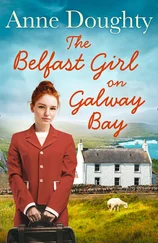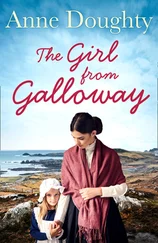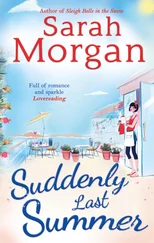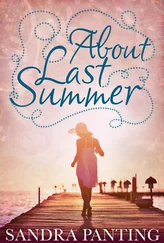He said they were pigeons, but I could see only doves. Pure white against the blue, they were circling in close formation, rising and falling in an aerial ballet that was a pure delight.
Suddenly, I saw another dove and remembered immediately the small church where I had found it. Back last March, working on an article for Travelling East, I had driven around Norfolk and Suffolk visiting churches from a list the editor had made for me. The church with the dove was not a grand one, rather small as East Anglian parish churches go, with no beautiful glass or carving, but full of a marvellously clear light and a deep stillness. In the south aisle, on a tomb chest, I found a stone statue of St Francis and the dove was in his hands. At his feet someone had arranged a handful of violets in a piece of bark filled with moss.
I looked around me. The church was full of flowers, as it would be, the week after Easter. There were sprays of blossom, jugs of daffodils, some irises and forsythia and beech leaves just beginning to unfurl. Nothing from shops or garden centres. Some of the arrangements were in clean jam pots, some in metal troughs full of chickenwire, where fronds of ivy had been used to cover up disintegrating, much-used oasis and spots of rust. Offerings made in love that meant something to the people who made them. I so envied them.
As I knelt down to take my pictures of the gentle saint, whose story I have always loved, I thought of the generations of knees that had worn the chancel step, the bottoms that had polished smooth the ancient wooden benches. I knew I envied them too.
When I stood up, a great shaft of sunlight pierced the piled white cloud and filled the south aisle with sudden brightness, picking out every detail of the bareheaded saint. I lingered as long as I could, reluctant to go, but I got very cold and began to feel anxious about all I still had to do. I returned the key, as I had been instructed, to the peg basket in the garden shed of the cottage directly across the road, and drove off rather faster than I should have done.
‘Home James and don’t spare the horses,’ said William as we drew up at the foot of the drive. ‘Are you sure you won’t come on down for a bit of lunch? There’ll be a roast an shure only the two of us to eat it.’
I thanked him as I got out, explained I was expecting a call from Sandy and walked as quickly as my high heels would let me up the steep drive.
It may have been the fumes from the car, or the thought of a Sunday roast, but as I turned the key in the front door I had to make a dash for it. I just made it to the downstairs loo.
After I was sick, I did feel better though I looked absolutely dreadful. I took some tablets for my head, got out of my suit and wandered round the house drinking tumblers of cold water. I couldn’t think what had brought on so bad a head.
The afternoon had clouded over and the empty rooms felt stuffy and chill at the same time. The dim light showed up the grubby windows and made the carpets look dull and cheerless. I felt my spirits droop. I knew I must find something to do.
That was when I got it wrong again. I went upstairs to my table, took up the first of the blue notebooks and filled my pen. I would write about what had happened in church. I would set it all down, describe all the people, all the unease in their manner and their being, the boom of the men who never looked at each other when they talked, the women who wore such elegant clothes and yet scurried into their pews as if they were doing their best not to be seen.
I sat and stared at the smooth page, the page which offered such promise only a day ago. Nausea overwhelmed me. How could I ever write about what I’d experienced, ever sort out the tangled feelings, the confusions that came upon me? How could I ever write about anything?
Pain oscillated in my head. The white page broke up into jagged fragments. I staggered to my feet, heard the crash as my chair fell over. ‘No, no,’ I cried. ‘I can’t write about it. I can’t think about it. I can’t bear what I see . . . Leave me alone . . . leave me alone.’
I ran from the room, tripped on the landing carpet and just managed not to fall downstairs. Ran through the hall and out of the house and on down the drive. Cars whizzed past continually on the main road but I scarcely noticed them as I ran on, not knowing what I was doing or where I was. The pain in my head was so bad nothing seemed to matter any more. I just kept on running.
5
The roar of the cars grew in my ears, louder and louder as I drew closer to the foot of the drive where the gates stood open to the road. I ran on. My chest felt tight, my breathing was hard and laboured, my head throbbed as if it were ready to explode. Suddenly, I turned aside and dived through the shrubbery, as if I’d hit an invisible wall, breaking twigs and scratching my hands as I fought my way through the overlapping branches. I pitched headlong out of their shadow and threw myself down on the sunken stones beneath the three ancient hawthorns my father refused to cut down.
I lay there sobbing violently, indifferent to the rub of the gnarled roots and the dampness of the grass. My tears dripped down on to one of the well-worn stones and blurred its familiar outline.
‘You fool, you fool,’ I whispered, despairingly. ‘You should never have come. It’s your own fault completely.’
Sandy and Matthew had urged me not to stay on at Anacarrig. The clearing-out could all be done in a week, they said, once Matthew was back from India, if the three of us did it together. But I’d had to cancel my flight to India because Mother was still with us and now she was gone I couldn’t get another. I had the time; they hadn’t. Besides, I argued, I’d masses of things I wanted to do as well as sort out the house. There were people I wanted to see, places I’d once known that I wanted to revisit and I was longing to spend time with Helen, my oldest friend. Besides, I said, I could work just as easily at Anacarrig as in London.
I meant every word I said, but neither Sandy nor Matthew were happy with my plan. Sandy simply announced I was mad to try it and left it at that; Matthew reasoned with me, as he would always do, questioned me closely and tried to understand why this staying on had suddenly become so important to me.
The night before he left, we lay awake in the moonlight after we’d made love. ‘Promise me you’ll be very careful, darling,’ he said, anxiously. ‘Promise me you won’t stick it out, if it really should go bad on you. Promise me you’ll just pack, go home and wait till I’m back.’
I turned in his arms and hugged him. Through all our time together I had suffered periods of depression, sometimes so bad I wasn’t able to work, because the simplest phone call was more than I could manage.
We did what we could ourselves, exploring old memories and all manner of painful, half-forgotten things. We’d taken advice and had real help from a close friend of Matthew’s – his contemporary at medical school. And with each year of our marriage, the depressions lessened in length and intensity. But they had never gone away completely. Matthew knew how vulnerable I still was. A word, a memory, a dream: it took so little to set the darkness going again.
‘I won’t do anything silly, love, you know I won’t,’ I reassured him. ‘You know I’ll never break my promise.’
I felt him shiver. I wished I hadn’t mentioned that particular promise. Some years earlier, in the midst of a really black depression, I admitted that often, when it gripped me, I just wanted to run out into the darkness and never come back, because the sheer pain of existing was more than I could bear. If it were not for him, I’d said, nothing in the world would stop me.
Читать дальше
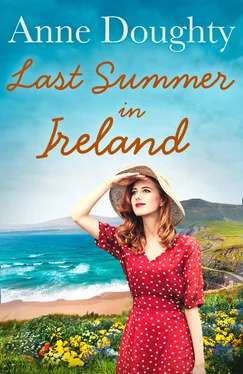
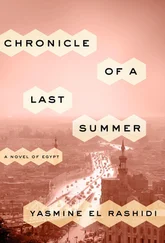
![Маргарет Миллар - Rose's Last Summer [= The Lively Corpse]](/books/384369/margaret-millar-rose-s-last-summer-the-lively-c-thumb.webp)
